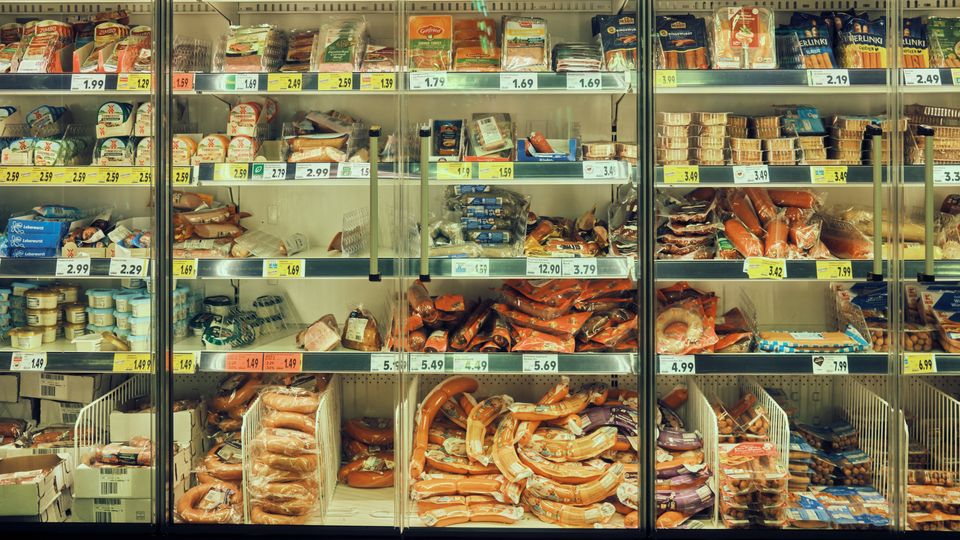Cigarette-Style Packaging Warnings Could Help Cut Meat Consumption
Stark warnings on food packaging could encourage people to eat less meat, according to a new study.

Complete the form below to unlock access to ALL audio articles.
Stark warnings on food packaging could encourage people to eat less meat, according to a new study.
Participants in the research were between 7-10% less likely to purchase meat products if they came with bold warning labels, similar to the kind used in cigarette packaging.
The researchers behind the study say such labels could help improve public health and reduce the UK’s carbon footprint.
The study was published in Appetite.
Caution: may contain meat
To get their findings, the researchers at Durham University first split 1,001 meat-eating adults into four groups. These groups were shown a series of pictures of hot meals which were displayed with different labels depending on the group they were shown to: either a health warning, a climate warning, a pandemic warning or no warning label at all.
The groups were then asked to make 20 separate decisions on different meal choices. The researchers also asked the groups how anxiety-provoking and believable they found the labels.
On average, health warning labels reduced meat meal choices by 8.8%, climate labels by 7.4% and pandemic labels by 10%. Compared to the climate and health warning labels, however, pandemic warning labels triggered more “negative emotional arousal” among the participants and were perceived to be less credible.
Support for the introduction of climate warning labels among the participants was also significantly higher than support for pandemic warning labels, but not significantly different as the levels of support expressed for health warning labels.
Given that livestock farming is thought to be responsible for 14.5% of global greenhouse gas emissions, reducing meat consumption has become a core policy of net zero strategies in recent years.
Warning labels on meat packaging might just be one way to secure that goal, according to the researchers behind the new study.
“Reaching net zero is a priority for the nation and the planet,” said Jack Hughes, a PhD student at Durham University’s Department of Psychology and co-author of the study.
“As warning labels have already been shown to reduce smoking as well as [the] drinking of sugary drinks and alcohol, using a warning label on meat-containing products could help us achieve this if introduced as national policy.”
The labels could also help consumers achieve a healthier lifestyle, according to Hughes and their colleagues.
“We already know that eating a lot of meat, especially red and processed meat, is bad for your health and that it contributes to deaths from pollution and climate change,” said Dr. Milica Vasiljevic, associate professor in the Department of Psychology and the senior author of the paper.
“Adding warning labels to meat products could be one way to reduce these risks to health and the environment.”
Reference: Hughes JP, Weick M, Vasiljevic M. Impact of pictorial warning labels on meat meal selection: A randomised experimental study with UK meat consumers. Appetite. 2023. (190) 107026. doi: 10.1016/j.appet.2023.107026
This article is a rework of a press release issued by Durham University. Material has been edited for length and content.




